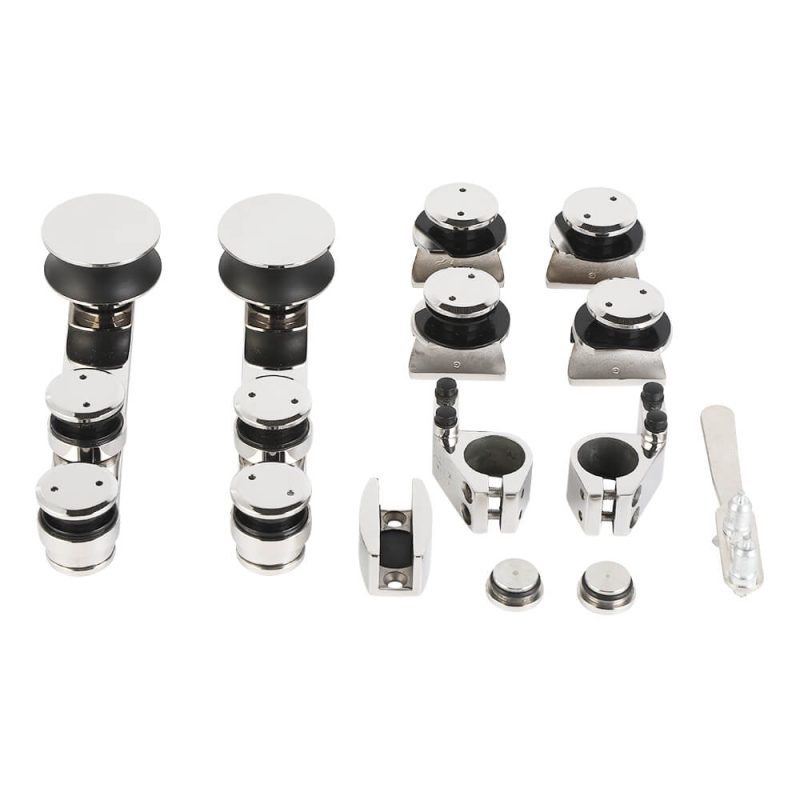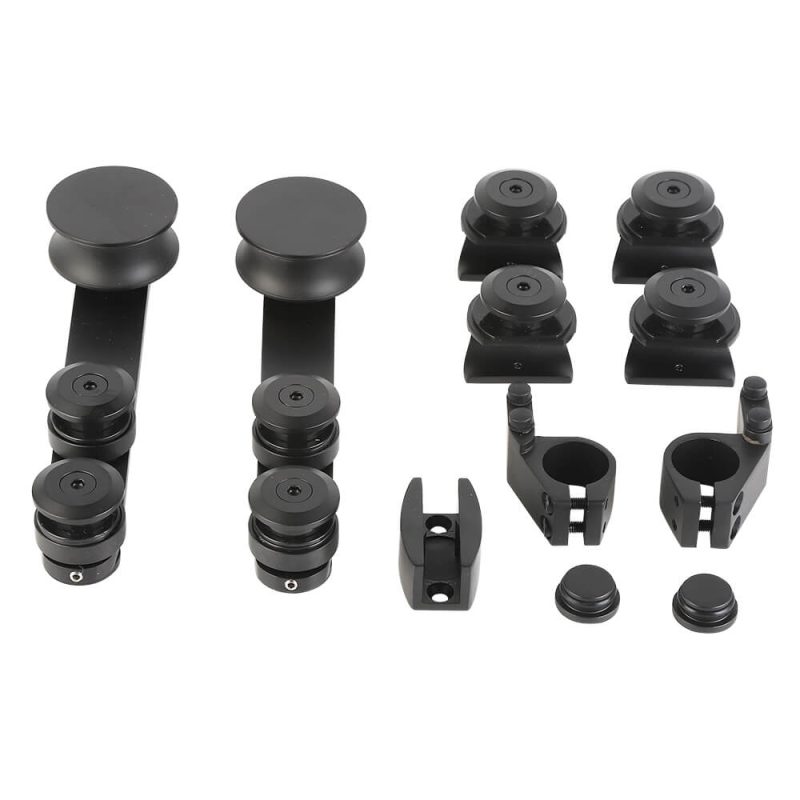The Eco-Friendly Choice- Sustainable Practices in Modern Glass Pull Production
In the realm of manufacturing, sustainability has emerged as a pivotal concern, dictating the adoption of environmentally conscious practices across industries. The glass industry is no exception, with modern glass pull production embracing innovative approaches to minimize its environmental footprint. This article delves into the eco-friendly practices employed in modern glass pull production, highlighting its significant contributions to environmental conservation.
Raw Material Conservation
Glass pull production relies heavily on raw materials such as silica sand, soda ash, and limestone. Sustainable practices focus on reducing the consumption of these resources by employing innovative techniques. One such method is the use of cullet, which refers to recycled glass fragments. Incorporating cullet into the production process significantly reduces the demand for virgin raw materials, conserving natural resources. Furthermore, the use of cullet reduces energy consumption and greenhouse gas emissions associated with raw material extraction and transportation.
Energy Efficiency
The glass pull process requires substantial amounts of energy for melting and forming the glass. To minimize energy consumption, modern glass pull production facilities implement energy-efficient technologies. These include the use of energy-efficient furnaces and kilns, as well as the optimization of production processes to reduce energy waste. Additionally, some facilities utilize renewable energy sources, such as solar and wind power, to power their operations, further reducing their environmental impact.
Water Conservation
Water is a crucial resource in glass pull production, used for cooling and cleaning purposes. Sustainable practices prioritize water conservation through the implementation of closed-loop water systems. These systems recirculate and reuse water, minimizing water consumption and reducing the generation of wastewater. Additionally, water-efficient equipment and fixtures are installed to further conserve this vital resource.
Waste Reduction and Recycling
Waste reduction and recycling play a significant role in the eco-friendliness of modern glass pull production. By minimizing waste generation at all stages of the process, manufacturers reduce the amount of materials sent to landfills. Scrap glass is recycled and reused in the production process, while other waste materials, such as packaging and machinery waste, are sorted and recycled responsibly. This comprehensive approach ensures that resources are conserved and environmental pollution is minimized.
Environmental Certification
To demonstrate their commitment to sustainability, modern glass pull production facilities seek independent environmental certifications. These certifications, such as ISO 14001 and LEED, provide external validation of a facility’s environmental performance. By adhering to rigorous standards, certified facilities ensure that their operations are conducted in a manner that minimizes environmental impact and promotes sustainable practices throughout the production process.
Conclusion
The adoption of sustainable practices in modern glass pull production is a testament to the industry’s commitment to environmental stewardship. Through raw material conservation, energy efficiency, water conservation, waste reduction, and recycling, glass manufacturers are significantly reducing their environmental footprint. The implementation of environmental certifications further demonstrates the industry’s dedication to sustainability, ensuring that future generations can enjoy the benefits of glass products while preserving our planet’s resources.
-
Shower Glass Clips Hardware: The Ultimate Guide to Choosing, Installing, and Maintaining
05-12-2025 -
What Are the Different Types of Shower Screen Glass Clamps and How to Choose?
26-11-2025 -
Clip-On Shower Door vs. Traditional Hinges: Which Is Better?
21-11-2025 -
Stainless Steel vs. Brass: The Best Choice for Your Shower Door Clips
19-11-2025 -
Clamp vs Channel: How to Choose the Right Shower Glass Bracket
18-11-2025
-
What Does the Lock Retainer Clip Do in a Glass Office Door Mechanism?
04-12-2025 -
What are the standard dimensions and material specs for door handle linkage clips used in frameless glass doors?
03-12-2025 -
What Are Frameless Shower Glass Clips and Why Are They So Important?
28-11-2025 -
Which material of frameless shower clips is most durable for commercial projects?
27-11-2025 -
What load-bearing capacity do glass clamp hinges need for office partitions?
25-11-2025









